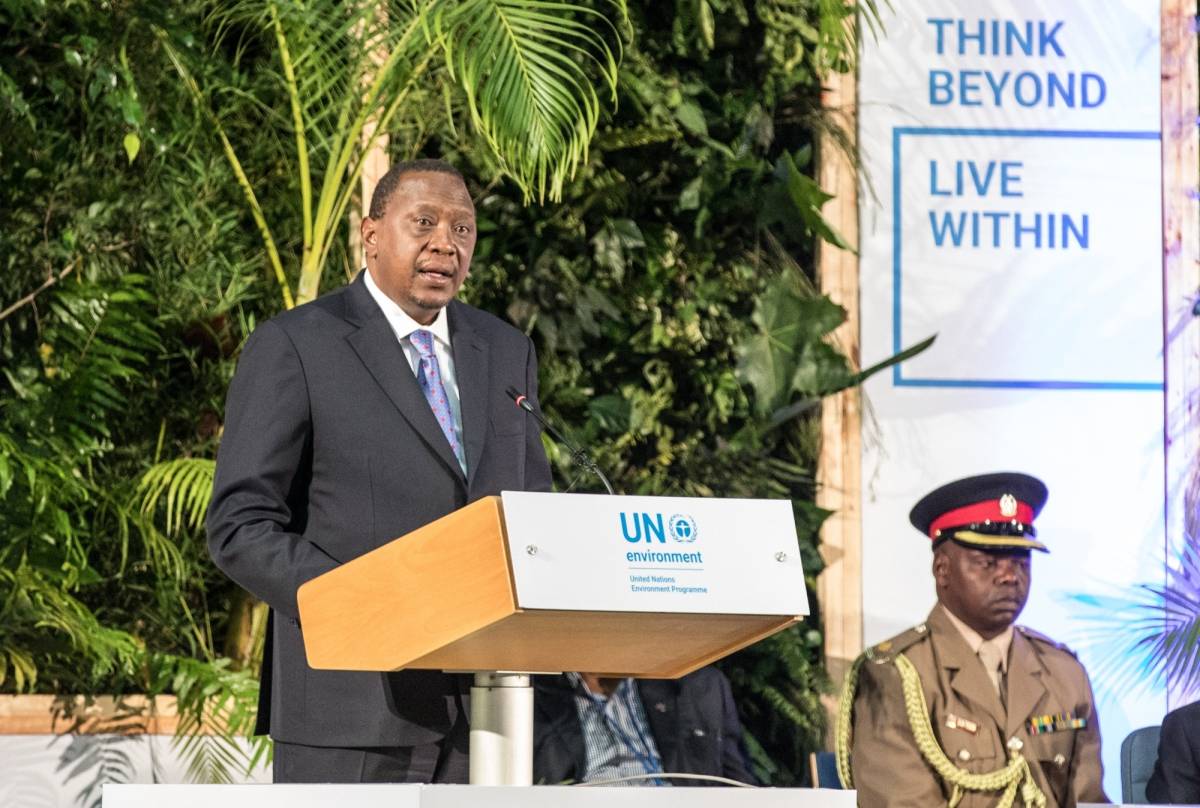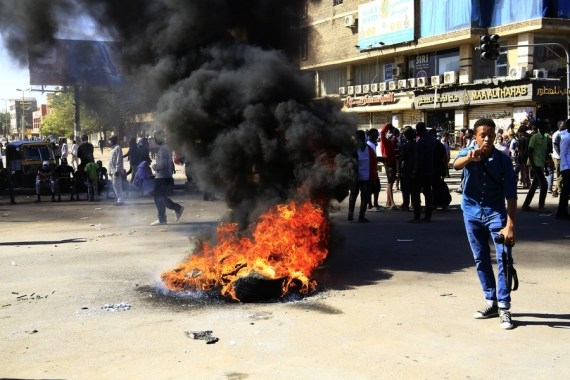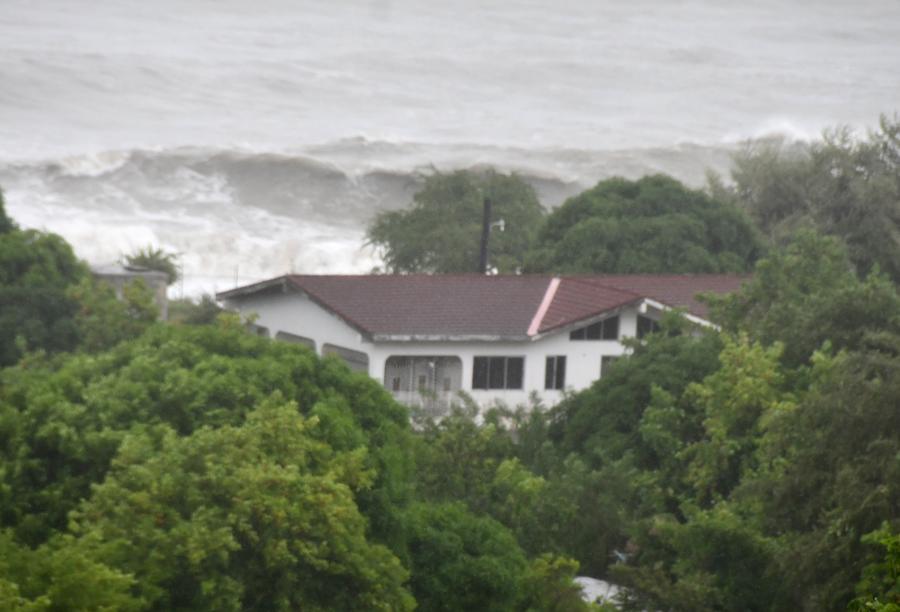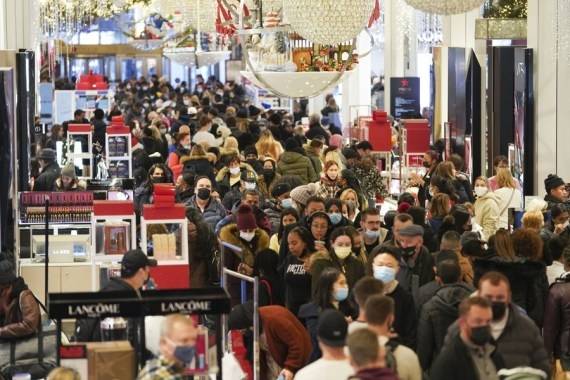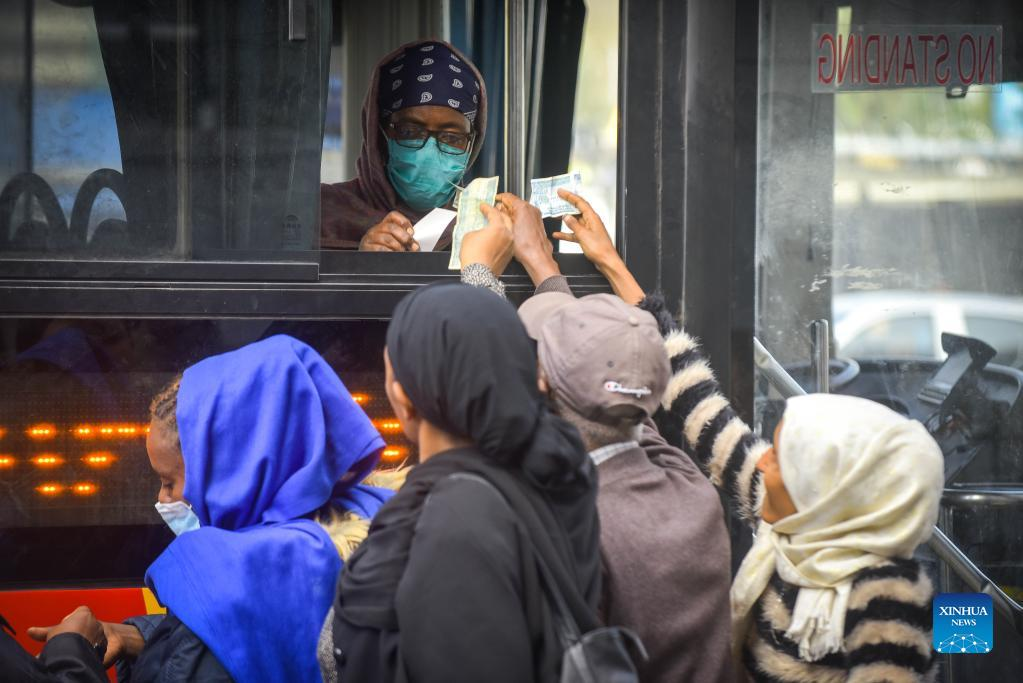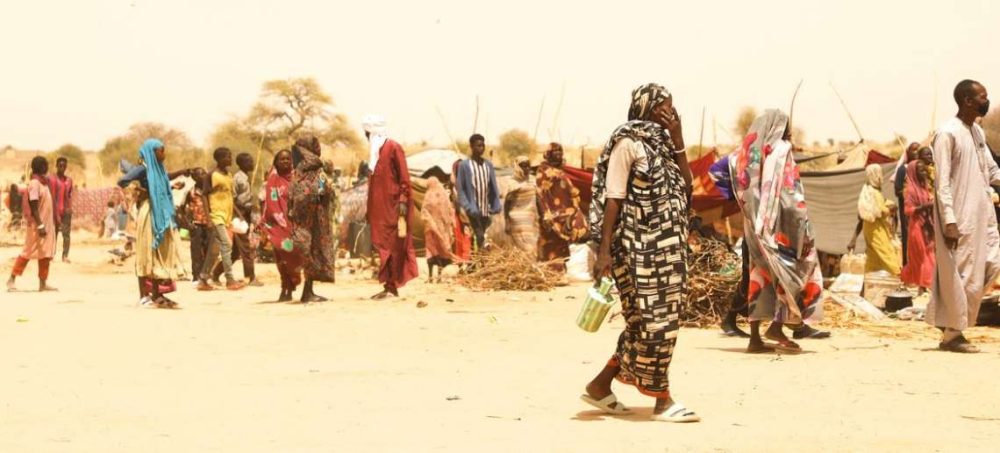The Presidency noted in a statement issued in the Kenyan capital, Nairobi, that the additional funding keeps fuel prices in the East African nation unchanged for the next one month
Kenyan President Uhuru Kenyatta has increased the country’s fuel subsidy funding by $141 million to stem rising inflation, his office said.
The Presidency noted in a statement issued in the Kenyan capital, Nairobi, that the additional funding keeps fuel prices in the East African nation unchanged for the next one month.
“It is notified that the president has today authorized an additional fuel subsidy of 141 million dollars to cushion Kenyans from a further increase in prices,” the statement said.
The cost of a liter of diesel will thus remain at $1.18, petrol at $1.35, and kerosene at $1.07.
The president said the high fuel prices pose a significant challenge to the country’s households and collectively the economy. Inflation stands at a five-year high of 7.9 percent, according to the Kenya National Bureau of Statistics.
The subsidy has ensured the country’s fuel prices remain the most affordable in the east and central Africa region, according to the government.
There have been three big shocks to the Kenyan economy, he says. It started with COVID. Then the war in Ukraine sent oil prices soaring. And now there’s a historic drought and an election season, which, in Kenya, tend to be violent and contentious and bad for the economy.
Complaints about inflation are a common refrain these days. Kenyans are seeing things they haven’t seen in decades. In April, there was a fuel shortage that kept cars off the streets, and at the moment, getting U.S. dollars has become difficult and that makes buying imports harder and often more expensive. And the government has a history of being hands off. Kenyans are left to fend on their own.
On the streets, Kenyans joke that cooking oil is so valuable, you need an armed escort when you score a liter. The mama mbgoas, the ladies who sell vegetables on the streets, say even the price of potatoes is up. Jane Nyeri says the potatoes come to Nairobi on trucks, and those trucks need increasingly expensive fuel.
This is Kenya’s version of the cost-of-living crisis, brewed in the aftermath of the Covid-19 pandemic which wrought havoc on the tourist industry – the country’s biggest earner of foreign currency – and exacerbated by the war in Ukraine which has disrupted the supply of food and fertiliser and caused fuel prices to soar.
Inflation pushed 71 million people into poverty
A staggering 71 million more people around the world are experiencing poverty as a result of soaring food and energy prices that climbed in the weeks following Russia’s invasion of Ukraine, the United Nations Development Program said in a report.
The UNDP estimates that 51.6 million more people fell into poverty in the first three months after the war, living off $1.90 a day or less. This pushed the total number globally at this threshold to 9 percent of the world’s population. An additional 20 million people slipped to the poverty line of $3.20 a day.
In low-income countries, families spend 42 percent of their household incomes on food but as Western nations moved to sanction Russia, the price of fuel and staple food items like wheat, sugar and cooking oil soared. Ukraine’s blocked ports and its inability to export grains to low-income countries further drove up prices, pushing tens of millions quickly into poverty.
“The cost of living impact is almost without precedent in a generation… and that is why it is so serious,” UNDP Administrator Achim Steiner said at the launch of the report.
The speed at which this many people experienced poverty outpaced the economic pain felt at the peak of the pandemic. The UNDP noted that 125 million additional people experienced poverty over about 18 months during the pandemic’s lockdowns and closures, compared with more than 71 million who hit poverty in just three months after Russia’s invasion of Ukraine in late February.
“The speed of this is very quick,” said George Molina, UNDP chief economist and author of the report.
Among the 20 countries hit hardest by inflation are Haiti, Argentina, Egypt, Iraq, Turkey, the Philippines, Rwanda, Sudan, Ghana, Kenya, Sri Lanka and Uzbekistan. More people in these countries, some of which have been roiled by political turmoil like Sudan and Sri Lanka, are facing poverty, according to the UNDP. In countries like Afghanistan, Ethiopia, Mali, Nigeria and Yemen, the effects of inflation are felt deeply by those already at the lowest poverty line.
The total number of people living in poverty, or are vulnerable to poverty, stands at over 5 billion, or just under 70 percent of the world’s population.
ALSO READ:Kenya’s feat on track
In Ghana, where the daily minimum wage is just $1.80 a day, people are struggling under the weight of inflation. Albert Kowfie, a 27 year-old security guard in Accra, Ghana, said a loaf of bread costs the equivalent of over $2 and commuting to work costs another 20 cents.
“It means that by the end of the first week (of work), everything is gone,” he said, expressing frustration at the government for not doing more to alleviate the burden. “I don’t answer my mother’s calls anymore because I know she needs help since she is not on any pension, but what can l do?”
Another U.N. report released Wednesday said world hunger rose last year with 2.3 billion people facing moderate or severe difficulty obtaining enough to eat — and that was before the war in Ukraine.
There is a need for the global economy to step up, Steiner said, adding that there is enough wealth in the world to manage the crisis, “but our ability to act in unison and rapidly is a constraint”.


